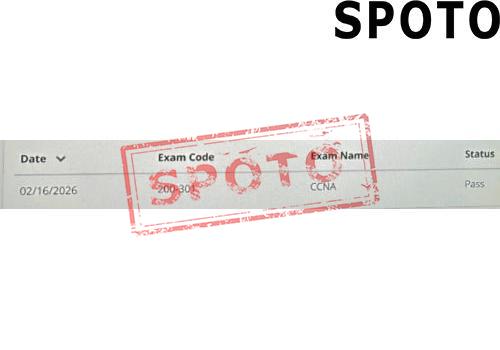
Table of Contents
This article will introduce you to what a Configuration Engineer is, the career information of a Configuration Engineer and the necessary conditions to become a Configuration Engineer. By reading this article, you will gain an in-depth understanding of the profession of Configuration Engineer.
1. What is a Configuration Engineer?
Configuration engineer is a technical position focusing on system configuration management, optimization and maintenance. The core responsibility is to ensure the consistency, stability and traceability of software, hardware or complex systems throughout their life cycle through standardized configuration processes and tools. This position is widely used in IT, manufacturing, software engineering and other fields. The work of configuration engineers revolves around "configuration", which refers to key information such as the system's composition structure, parameter settings, component versions, dependencies, etc. Its core goal is to ensure the accuracy and consistency of system configuration, track configuration changes and control change risks and improve system maintainability.
2. Responsibilities of a Configuration Engineer
Configuration engineers need to develop configuration management plans based on the application field, design configuration management processes, and clarify the naming rules, version control standards, and change approval processes of system components. Select appropriate configuration management tools, sort out key configuration items in the system, establish configuration baselines as the benchmark for subsequent changes, and record the version history, responsible persons, and reasons for changes of configuration items to ensure traceability throughout the life cycle. Configuration engineers also need to review system configuration change requests and evaluate the impact of changes on system stability and compatibility, such as checking the adaptability of software functions after updates and adjusting hardware parameters, supervising the change implementation process, ensuring that changes are executed as planned, and verifying whether the system meets expectations after the changes.
3. How much does a Configuration Engineer Make?
According to BYD Group data, BYD's configuration management engineers with 1-3 years of experience have a monthly salary of about 26.5k, those with 3-5 years of experience can earn 32.9k, and those with 5-10 years of experience can earn 32.5k. Overall, with the increase of work experience, the salary has increased significantly, and the annual salary of configuration engineers with 5-10 years of experience can reach 120K-600K. Differences in education will also bring different treatments. Taking BYD as an example, the monthly salary of configuration management engineers with bachelor's degrees is about 29.6k, while the monthly salary of those with a master's degree can reach 40k. The higher the education level, the more obvious the salary advantage. If you have a relevant certification that is highly recognized by the industry, you are more likely to get a higher salary.
4. What Are the Qualifications to Become a Configuration Engineer?
(1) Obtain a Bachelor's Degree
Configuration Engineer careers often require job seekers to have a bachelor's degree in their field of engineering. A bachelor’s degree is standard for entry-level positions. Master’s degrees may be preferred for senior roles or specialized industries where complex system configuration is required.
(2) Develop Practical Experience
Configuration engineers must master skills related to configuration management processes, tools, and system architecture. Key technical competencies including: configuration management fundamentals, familiar with CM standards and CM tools and basic programming. Hands-on experience is critical, as configuration engineering emphasizes real-world problem-solving. Typical experience requirements include exposure to CM processes and familiarity with basic tools. If you have experience in designing and implementing CM plans for small to medium projects that will be better.
(3) Earn Industry Certifications
The work of configuration engineers emphasizes practical skills. Some companies pay more attention to "the ability to quickly solve practical problems" rather than just certificates. Certifications not always mandatory but they can validate expertise and enhance competitiveness, especially in regulated or technical industries. Recruiters will also prefer candidates with industry-related certifications. If you were the boss, would you choose a candidate with relevant certificates or a candidate without any certificates?
Relevant certificates can objectively prove that practitioners have mastered industry standards and professional skills, such as holding a CCNA certificate. The CCNA certificate focuses on the ability to install, configure, operate and troubleshoot medium-sized routing and switching networks, as well as basic security and wireless network knowledge. Among them, "configuration management" is one of the core modules. Holding a CCNA or higher certification can prove the standardized understanding of IT system configuration processes, especially in the Internet and financial technology industries.
5. Similar Occupations of Configuration Engineer
- Release Engineer
- IT Operations Engineer
- Systems Integration Engineer
- Change Management Specialist
- Industrial Automation Engineer










